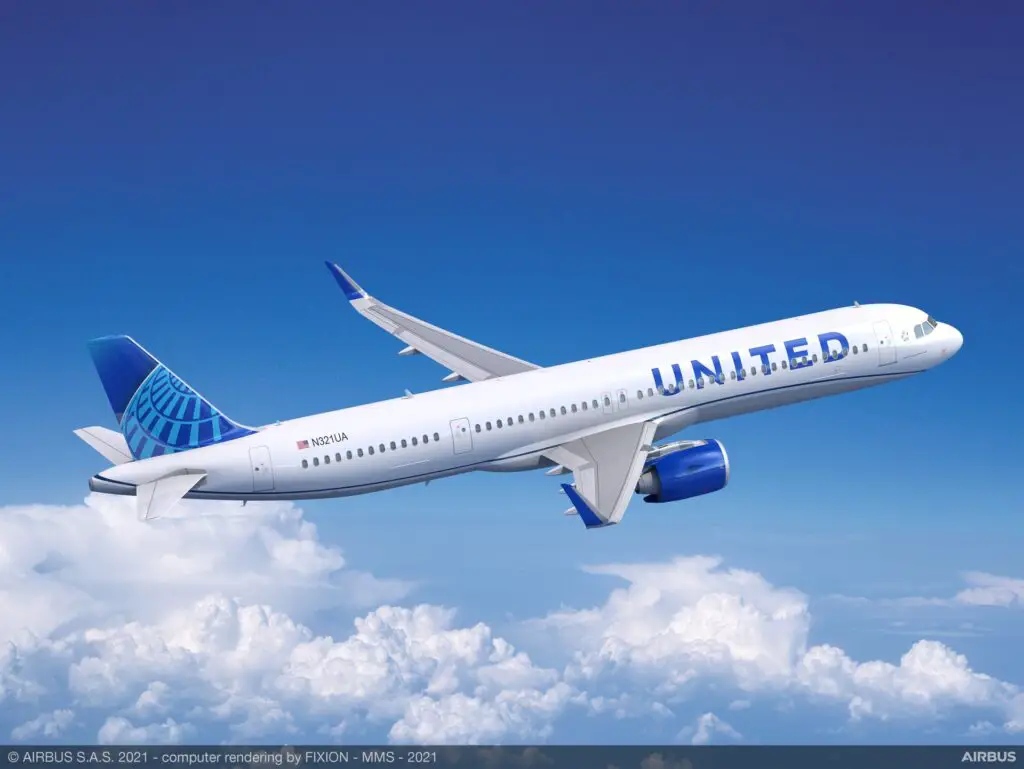Engine manufacturer Pratt & Whitney announced that United Airlines has selected the GTF engines to power its future Airbus A321neo and A321XLR aircraft. The airline currently has firm orders for seventy and fifty aircraft of each variant, and expects to take delivery of the first of these this year.
«United and Pratt & Whitney share a celebrated history as pioneers of commercial air travel, as well as a commitment to more sustainable aviation as we look forward», said Rick Deurloo, President of Commercial Engines at Pratt & Whitney. «GTF engines will enable United to get the most out of their A321neo and A321XLR aircraft, delivering industry leading payload, range and environmental performance for those aircraft types», he added.
See also: LATAM Group Orders Pratt & Whitney Engines for 146 Airbus A320neo and A321neo
United’s decision, a vote of confidence for Pratt & Whitney
The airline’s decision is a real endorsement for Pratt & Whitney, which has been facing setbacks for months in complying with overhaul processes for its GTF engines. Most of these problems stem from supply chain disruptions that lead to delays in scheduled maintenance, although operational problems have also been reported.
This situation has forced several customers to ground part of their GTF-equipped fleet. Temporary groundings continue to impact on airline activity and cause dissatisfaction among operators. Some of them have resorted to temporary leasing alternatives in order to lessen the impact on their business.
Although Pratt & Whitney assures that it is working to normalise the situation, the persistence of the problems could have an impact on future orders for aircraft equipped with engines of this kind. In this context, the fact that a customer like United is opting for its products is very good news for the manufacturer.
United’s future A321neo and A321XLR
The first Airbus A321neo to join United Airlines is already built. It must now be painted in the company’s livery and undergo the necessary tests before its final delivery, scheduled for the end of 2023. It will primarily serve domestic routes and complement its existing narrow-body fleet.
Later, the company will progressively take delivery of its A32XLRs, which will be used on transatlantic routes as a replacement for the Boeing 757.
See also: Industry impacted by Pratt & Whitney engines issues














